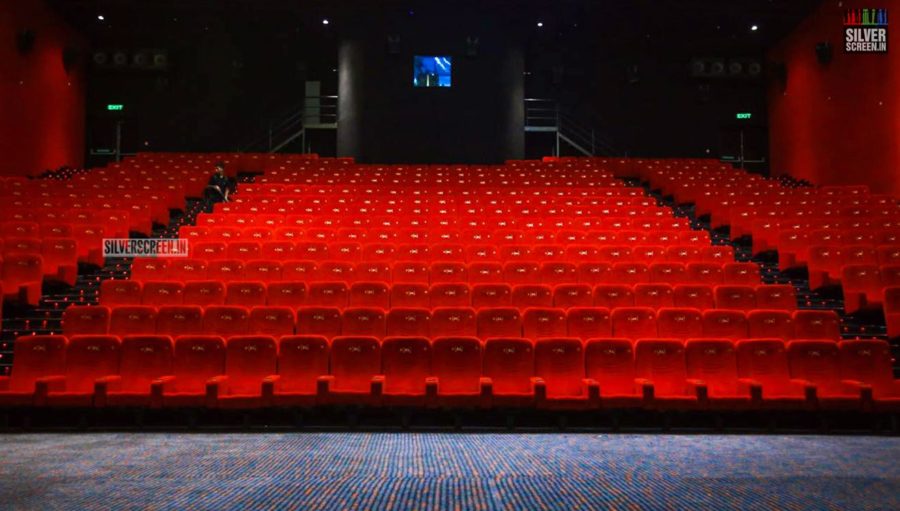The Central government’s announcement regarding the guidelines for the reopening of movie theatres has stirred fresh hope among Tamil Nadu theatre owners. With cinema halls being shut in the state for more than six months now, many owners faced several difficulties to sustain their businesses.
“There is no doubt about the fact that ours is one of the worst affected sectors,” says Vijay Krishnan, owner of Aarthi Grand Cineplex (AGC), Dindigul.
Despite the ongoing Covid-19 related lockdown forcing the doors of cinema halls to remain shut, theatre owners have managed to stay afloat by adopting various financial strategies. “It is about a simple financial plan. You have to reduce expenses and find ways to make money,” says producer SR Prabhu.
Since running a cinema hall comes with major recurring expenses like electricity bills and maintenance of screens, many theatre owners have resorted to taking bank loans to keep their business afloat. While some of them have chosen to pay full salaries to their staff, others are paying 50% of their salaries owing to financial constraints.
Most of them are hopeful of economic assistance from the state government. “We are hoping that the government decides to open the theatres as soon as possible, ” says G Ratnavel, managing partner of Royal Theatre, Coimbatore.
With the Centre’s standard operating procedures (SOPs) in place, multiplexes are waiting for the state government’s nod to reopen. Social distancing, routine thermal checks, and contactless ticketing have been some of the norms that most theatre owners are set to implement.
“The list of SOPs have been released by the Central government and most of them were precautions that we had been considering ourselves,” says Nikilesh Surya, executive director of Rohini Silver Screens.
In towns like Dindigul, the pandemic has provided an opportunity for cinema-goers to embrace online ticketing. Considering the strategic location of the town, people from nearby places frequent major theatres adding to their revenue. “In towns such as ours, people are not comfortable with online portals. But now we are promoting contactless ticketing and ordering food through our apps,” adds AGC’s Krishnan.
Food and beverage (F&B) services are a major part of multiplexes’ and cinema halls’ revenue. Despite the fact that most owners have accepted the fact that sales will be only a shadow of its earlier self, they have adopted a slew of measures to attract crowds.
“We are planning to change the F&B set up in a way that people can see what is being prepared,” says Ruban Mathivanan, managing partner, GK Cinemas. “Apart from the usual SOPs, we are also considering packing foods, such as popcorn, prior to the show,” he adds.
Recommended
Although theatres are preparing to throw open their doors, owners are still wary about the numbers. People still fear crowding and going to public places, which can severely hamper theatre owners’ revenue. Theatrical revenue depends mostly on the first day and weekends. Fifty percent occupancy might not bring home the expected revenue. Theatre owners are also concerned about movie-goers’ tepid interest in cinema halls due to a limited number of shows and direct-OTT releases.
“Theatre owners should be supported at a time like this. People are opting for OTT platforms because they feel that they are losing interest,” says Tirupur Subramaniam, president of the Tamil Nadu Theatre and Multiplex Owners Association.
However, theatre owners are hopeful of drawing in crowds soon. “In states like Tamil Nadu and Andhra Pradesh, theatre experience is a big deal. The crowds will be back, there’s no doubt about that,” says AGC’s Krishnan.
Many theatre owners feel that OTT releases are a temporary phenomenon and won’t replace mainstream releases. With movies such as Master, Jagame Thandhiram, and Tenet opting for theatrical release, theatre owners are hoping that these films will help them regain normalcy.



